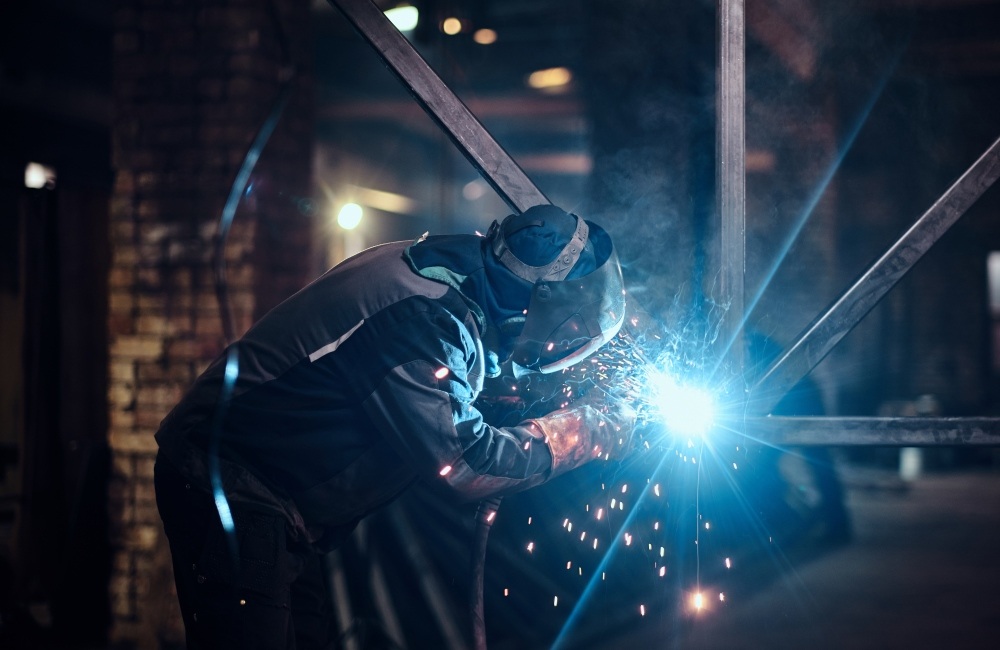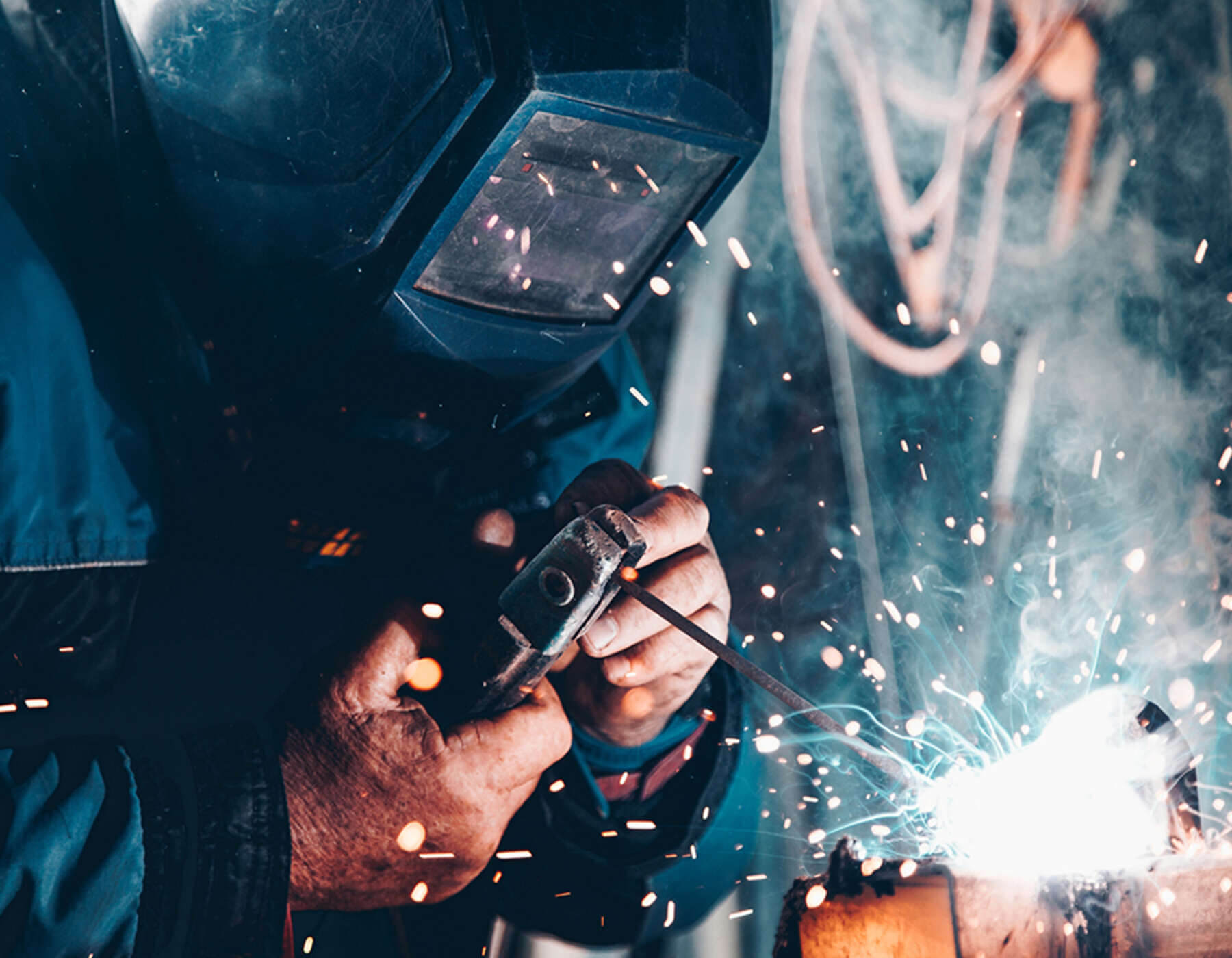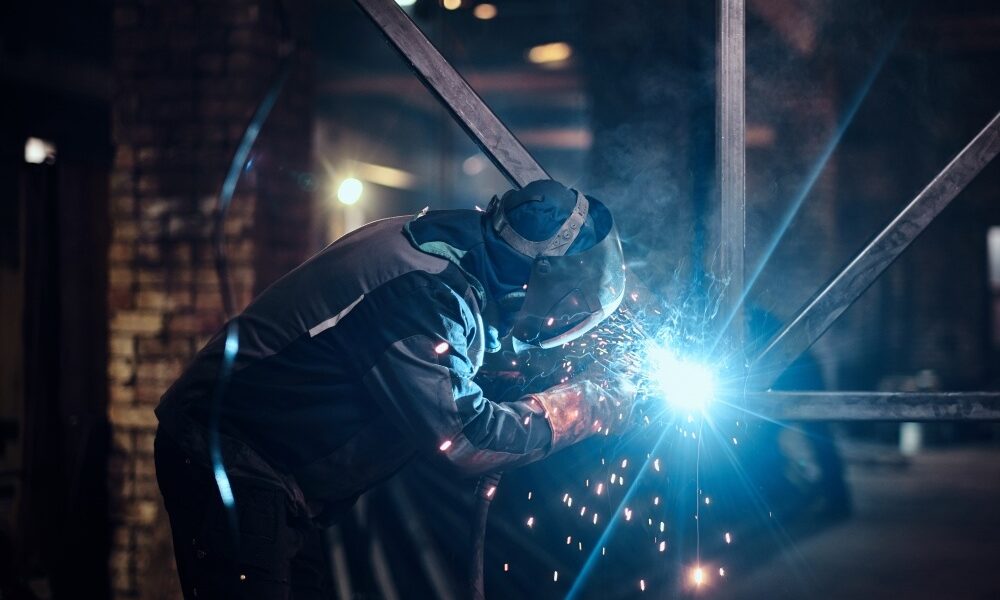
Metal fabrication is a bustling industry used by various sectors to support numerous applications.
It is also an industry that is growing, and growing at pace.
With more and more sectors needing fabrication solutions than ever before, and as metal fabrication continues to evolve, it’s vital that we stay ahead of trends in order to adapt effectively and efficiently to the ever-changing market requirements.
To learn more about the services we offer, as well as the technology and equipment to support high-quality and agile processes, contact a member of the Morfab team today.
Metal Fabrication Trends
Some of the challenges the fabrication and manufacturing industry has faced and continues to face include:
- Supply chain challenges – these challenges are still having a lasting effect on business, with many businesses still experiencing shortages of certain materials and goods and ongoing fluctuation with steel pricing.
- Fluctuating steel demands – material costs can be unpredictable as they follow the economic environment.
- Recession aftershocks – the impact of increasing trade regulations, investments in infrastructure, and ongoing discussions surrounding sustainability have created numerous opportunities as well as challenges for the sector.
- Rapid prototyping – the introduction of rapid prototyping allows for new innovative products and improvements to existing ones to be made. Allowing for more precise fabrication and less waste as you can adjust design specifications and test outcomes in real time.
Metal Fabrication Industry Trends
We must adapt to remain competitive and make the most of the up-and-coming trends that will (whether we like them or not) affect the manufacturing sector.
Some of the trends to be aware of and monitor over the next 6 to 12 months include:
Increase in Automation
Technology is advancing in all areas, and manufacturing is no exception. Automation in manufacturing is increasing at pace, and now it is no longer seen as a threat and as “robots stealing our jobs” but instead using automation to remove the monotonous and repetitive tasks from employees who can now focus on other areas.
Automation, when used correctly, will help manufacturers streamline processes, reduce human error, improve working conditions, support workforces, and considerably reduce downtime in production lines.
With automation, manufacturers can cut and even weld metals with minimal human effort, reducing risk, increasing productivity, improving overall quality, and generating better lead times.
Automation will also allow manufacturers to enter new markets, adopting new technology to increase efficiency, saving you money and reducing costs in the long term.
An example of automation already in use by many fabricators is the use of CNC cutting, where you can pre-programme the computer software to carry out all of the intricate and precision metal cutting required for the specified product.
Agile Environments
Agile processes mean continuous improvement and the ability to adapt to changing situations effectively.
Lean and just-in-time manufacturing principles are apparent in many production companies already; however, these procedures and strategies are now seen to be an effective way forward for fabrication companies to grow and scale.
Increase in Cyber Security
Not one of the most popular metal fab trends we like to think about, but one that is crucial for businesses to be aware of – heightening business cyber security.
It’s vital that as more technology and automation are brought into the business, you put the right controls in place to manage data and information online.
Preventing hackers from accessing commercially sensitive information, installing and enabling firewalls, encrypting data and information, monitoring and updating employees on the signs of a phishing attack, being aware of weak passwords, identifying system vulnerabilities, and more have never been so important.
3D Printing
Also known as additive manufacturing, 3D printing capabilities now allow manufacturers to easily create three-dimensional models through computer-aided design. Providing metal fabricators with a high-speed technique that is good for complex designs.
You no longer have to mould these manually, where now you can simplify the manufacturing process and offer customisation for even the most intricate specifications.
Sustainable Operations
Sustainability is no longer a buzzword in manufacturing but a term that comes with a lot of changes and responsibility for businesses.
This means reviewing processes and streamlining procedures and production lines to implement efficiencies.
Steel recycling is an excellent opportunity in the fabrication sector to improve manufacturing processes and show a high level of sustainability and care for the environment.
In addition, CNC machinery also helps to minimise scrap and waste, while improving production lines and regularly maintaining equipment helps teams to focus on reducing carbon footprint.
Reshoring Operations
One trend that metal fabricators are maximising currently is reshoring operations to help tackle inflation.
Building relationships with domestic suppliers and with more opportunities for domestic manufacturing, reshoring operations can be seen as a win-win.
Reshoring also supports sustainability as there is a reduction in transport and supply costs.
Metal Fabricators Near Me
As we head into quarter 4 of 2023 and look forward to 2024, we’re aware that we still face serious supply chain disruption, labour shortages, world conflict, ongoing inflation surprises, and general uncertainty.
Those who will weather the storm are those who will successfully identify cost-effective alternatives, shaping the industry and transforming customer expectations.
How are you going to use these trends to your advantage?
Call 0191 8162718 and speak to a member of the Morfab team today.

